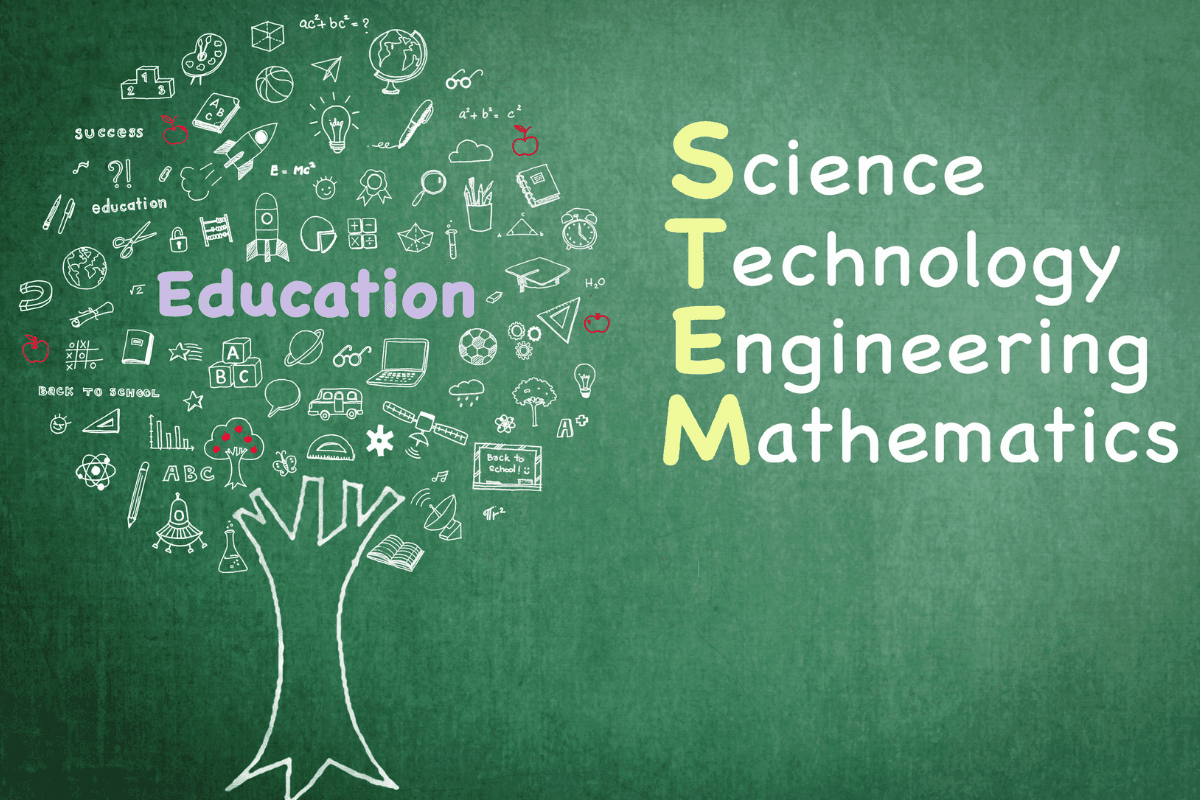
Mathematics is the key to a STEM degree. Without it, students will struggle in these majors and may even decide not to pursue them at all. STEM stands for science, technology, engineering, and mathematics. These are the fields growing the most in our economy right now. And for students to be successful in them, they must have a strong foundation in mathematics.
Currently, employers are looking for STEM major graduates in the workplace. These types of careers are usually high-paying with lots of opportunities. STEM careers often come with a median wage that is more than double that of non-STEM occupations. But for a student to even have the chance to study these types of majors, they need to have a solid foundation in math.
The STEM field is one of the most rapidly growing and in-demand industries globally. As technology advances, so does the need for qualified individuals to fill STEM positions. Following a STEM major can open up a world of opportunity for students, but they must do well in mathematics at a young age to get into a STEM program. Overall, the importance of mathematics in STEM can’t be over-emphasized.
There are many reasons why mathematics is essential for students who want to pursue a STEM career. For one, math is the foundation of all scientific and technological advancements. Developing new technologies or advancing existing ones would be impossible without a strong understanding of mathematical concepts. Additionally, math is an essential problem-solving tool. In the STEM field, identifying and solving problems is key to success.
Lastly, employers in the STEM field highly value math skills. Many employers covet a STEM degree, but those with a strong mathematical foundation are especially sought-after. To give your child the best chance at success in STEM, they must excel in mathematics.

Parents can do a few things to encourage their children to do well in math. First, it is crucial to set a good example. If you are not confident in your math skills, your child will likely pick up on that and develop a similar attitude towards math. Remember that your attitude towards math in STEM learning will profoundly influence your children’s beliefs and ultimately impact their abilities.
Second, be supportive and encouraging. STEM can be challenging, and it is important to let your child know that you are there to support them every step of the way. Teaching them that mistakes are part of learning can help a child build their confidence in mathematics.
You will also want to make sure your child has access to quality resources. Many great books, websites, and apps can help your child learn and practice math. At Dropkick Math Academy, we offer fun and engaging programs that can help boost a child’s confidence in mathematics. Our tutors are all certified Ontario teachers who can offer guidance to both child and parent throughout the program.
If you want your child to have a bright future in the STEM field, encourage them to excel in mathematics. With a growth mindset and perseverance, they will be well on their way to success.
Many parents have a dilemma raging in their minds about the right age to introduce their child to mathematics in STEM. They also may be battling between how and when to introduce the concepts in their early education process. While there is no stipulated age or time for children to start learning the basics of STEM, it is never too early to start teaching your child.
Some early educators believe that STEM education should be introduced as early as Kindergarten to enhance a child’s interest, enthusiasm, and exposure. Waiting to motivate students to take up STEM until they reach college will not help boost their confidence levels. Those who have waited and have not been introduced to the concepts until later in life have become disinterested in the field or have not had the same success as their peers.
However, it is never too late if your child hasn’t been properly introduced to mathematics in STEM until later. There are many STEM activities for high school mathematics that are available online. It is also a great idea to speak with your child’s teacher and request extra work or activities that will help them with an introduction to math in STEM.
One of the best practices in teaching STEM is letting children be actively engaged in their learning for early STEM education. When they can take their own initiatives, they will reap the benefits long-term. Also, the more actively engaged they are with their environment and surroundings, the faster they will grasp and learn.
It has been well recorded that children who are introduced to STEM early on set the stage for their college curriculum later in life. Ensuring your child will excel in learning math operations may take some math tutoring. At Dropkick Math, we are more than a math tutoring service. We offer programs suited to your child’s specific needs and offer the guidance they need to build their confidence.
Mathematics can be a challenge for many students of all ages. Dropkick Math aims to break down those challenges and build confidence with a complete understanding of math and its relationship to STEM through a fun and engaging learning environment.
All of our tutors understand the importance of mathematics in STEM, offering quality instruction and guidance for both children and parents in our programs. We encourage all parents/guardians to join their children as they learn with Dropkick Math.
We offer programs for children in grades 4 – 9 and place them in appropriate programs according to our Early Indicators Assessment. This ensures every student is placed in the right program according to any learning gaps.
Learn more about our programs and how they can help set your child up for a future in a STEM major!
